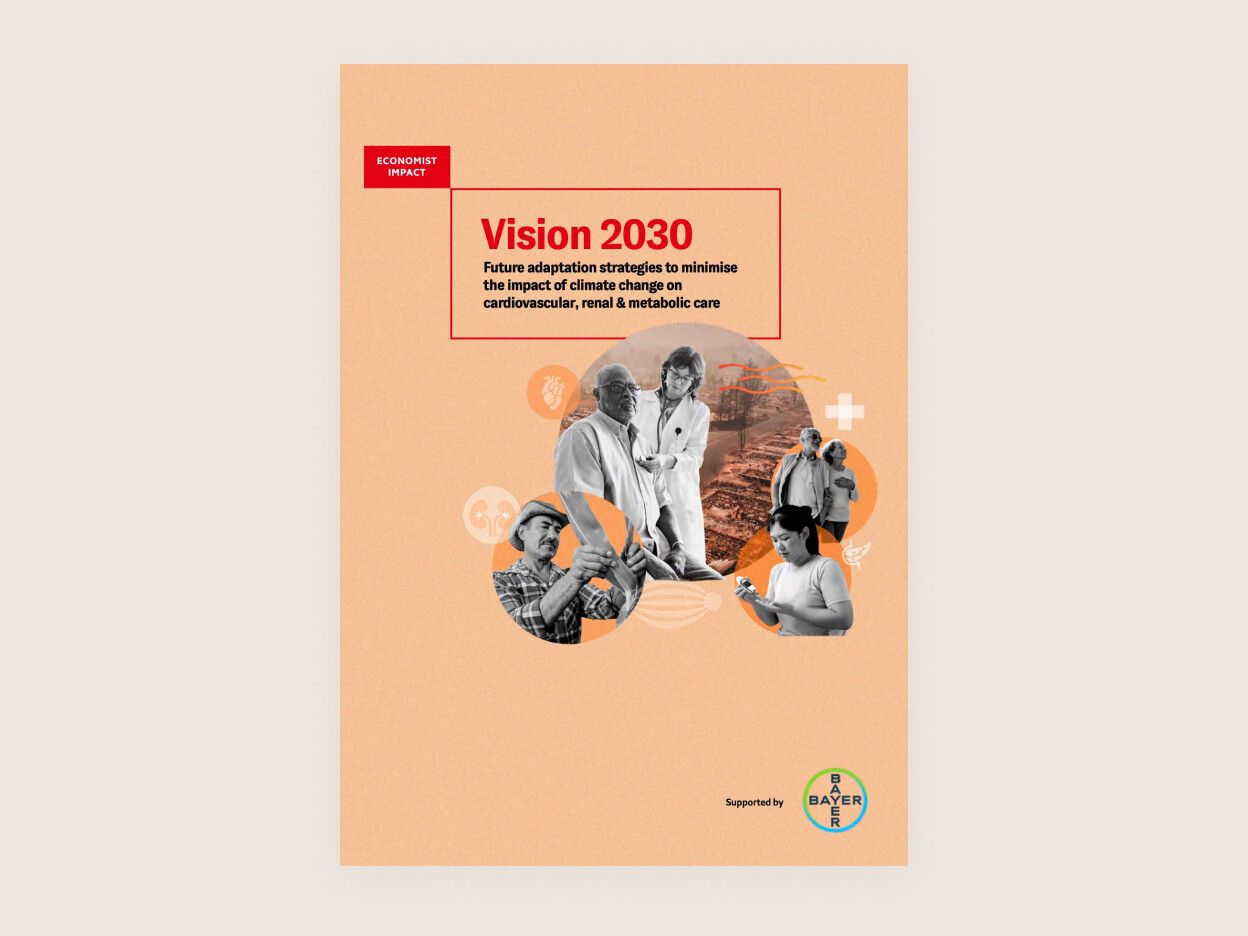Climate change threatens in particular cardiovascular, kidney and metabolic diseases, which together cause almost a third of all deaths worldwide. Heat, extreme weather events and air pollution increase disease rates and deaths, put a strain on health infrastructures and exacerbate social inequalities.
Health systems urgently need to adapt with a focus on disaster control, decentralization and fair access. Prevention and early detection are central, e.g. through behavioural changes and protection in the workplace.
Currently, there is a lack of awareness and knowledge in medical education about climate-health contexts. Research gaps and a lack of integrated data hinder effective adaptation.
What is needed is multisectoral, funded and well-managed cooperation across health, environment, labour and politics. Urgent measures include:
- Climate Adaptation in Therapy Protocols
- Prevention campaigns incl. wearables for those exposed to risk
- Climate-proof health infrastructure and telemedicine services
- Reducing the CO2 footprint in the healthcare sector
- Education and awareness-raising of all stakeholders
- Research and Networked Data Systems
- Coordinated funding and governance
For 2030, structured, measurable adjustments are planned within 5 years to achieve the health goals and protect vulnerable groups.
